Birch tree from seed?
DionKar333
12 years ago
Related Stories
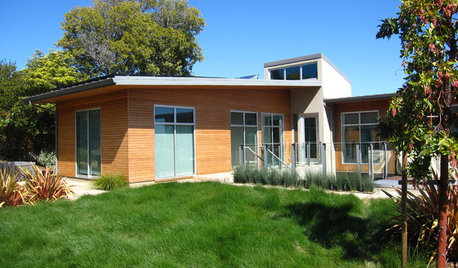
GARDENING GUIDESHow to Plant a New Lawn From Seed
Choose from more grass varieties and save money over sod by starting your lawn from seed
Full Story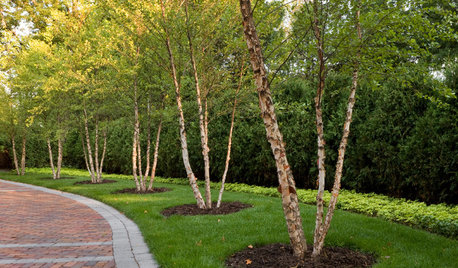
LANDSCAPE DESIGNGreat Design Plant: River Birch
Pick this rugged native tree for its intriguing peeling bark, soil adaptability or leaves that bring dappled shade to a garden
Full Story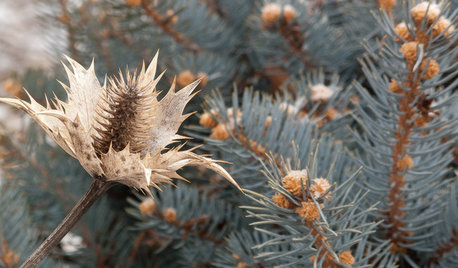
WINTER GARDENINGInspiring Winter Scenes From the Denver Botanic Gardens
Use seed heads, bare branches and grasses to design lovely garden displays when the ground is frozen
Full Story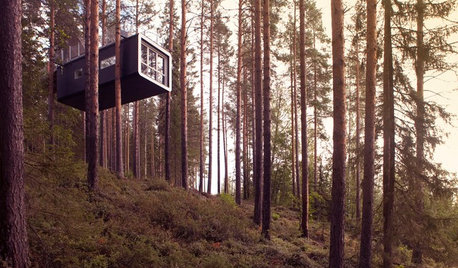
TRAVEL BY DESIGN11 Amazing Home-Away-From-Home Tree Houses Around the World
Go climb a tree — and spend the night. Tree house hotels and lodges are booming as exotic vacation alternatives
Full Story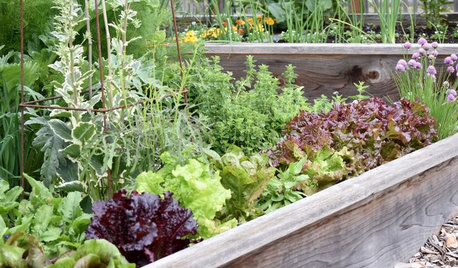
GARDENING GUIDESSeeds or Seedlings? How to Get Your Garden Started
Growing delicious herbs and vegetables starts with knowing your goals and when you want to plant
Full Story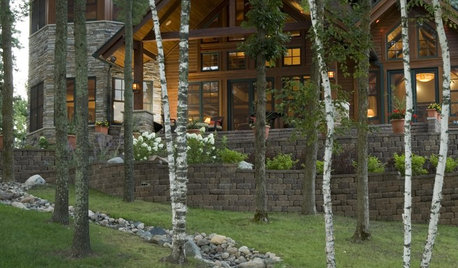
TREESGreat Design Plant: Paper Birch
Slim and snowy, with paper-like bark, this tree gorgeously contrasts fall foliage and offers its own colorful contribution to the landscape
Full Story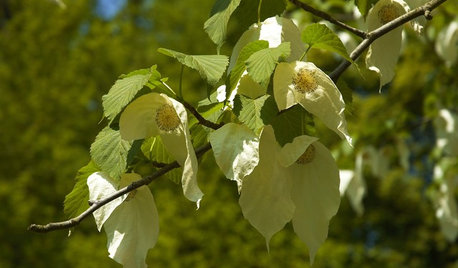
GARDENING GUIDESGreat Design Tree: The Dove Tree
With distinctive fluttery flowers and a height that towers over the landscape, the dove tree provides a respite from the summer sun
Full Story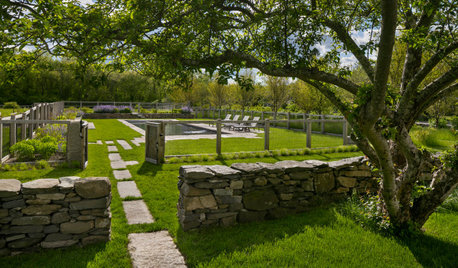
GARDENING GUIDESHow to Keep Your Trees Healthy
Ensure your trees’ vigor for years to come with these tips for protecting roots, watering effectively and more
Full Story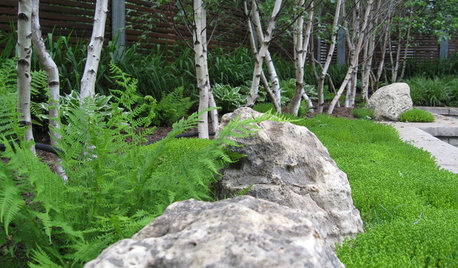
GARDENING GUIDESGreat Design Plant: Betula Populifolia
Add a touch of cool northern forest to your landscape with the highly ornamental, fast-growing and wildlife-friendly gray birch tree
Full Story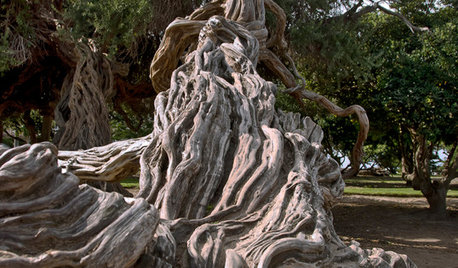
GARDENING GUIDESGreat Design Tree: Australian Tea Tree
A living sculpture with an unmistakable appearance, this coastal native creates an intriguing landscape scene
Full StoryMore Discussions






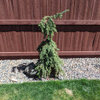

brandon7 TN_zone7
DionKar333Original Author
Related Professionals
Holly Springs Landscape Architects & Landscape Designers · Ballwin Landscape Architects & Landscape Designers · Eden Prairie Landscape Architects & Landscape Designers · Stoughton Landscape Contractors · Bedford Landscape Contractors · Long Beach Landscape Contractors · Ringwood Landscape Contractors · Uxbridge Landscape Contractors · Five Forks Siding & Exteriors · American Fork Decks, Patios & Outdoor Enclosures · Boone Decks, Patios & Outdoor Enclosures · Overland Park Decks, Patios & Outdoor Enclosures · Palmetto Decks, Patios & Outdoor Enclosures · Rocklin Decks, Patios & Outdoor Enclosures · Vandalia Decks, Patios & Outdoor Enclosuresbrandon7 TN_zone7
pineresin
DionKar333Original Author
ken_adrian Adrian MI cold Z5
DionKar333Original Author
famartin
pineresin
brandon7 TN_zone7
DionKar333Original Author
ken_adrian Adrian MI cold Z5
pineresin
wisconsitom